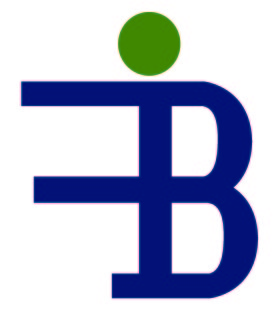As Financial Beginnings’ Development Director, I am constantly seeking new research about the importance of financial education. As a mom, I continually look for opportunities to enhance my child’s future. Recently, I stumbled upon new research that addressed both.
A recent study provided yet another reason to encourage children to start saving money at a young age. This research, from the Center for Social Development, found that “youth who have a bank account in their name, regardless of the amount in that account, are seven times more likely to attend college than youth with no account.”
The Journal of Family and Economic Issues explains this as the “assets effect,” whereby “personally controlling their savings inspires a deeper appreciation for what they need to do financially and behaviorally to get into college,” noting that “the simple act of saving motivates children to strive harder.”
Depositing money into their own savings account, the Journal explains, helps children feel a sense of control over their future. This psychological effect ignites a cycle of positive and aspirational behaviors.
So how can parents make the most of the assets effect? For starters, they can help their child open a savings account in his or her own name. Banks and credit unions all provide some type of custodial savings account for even the youngest of children. My son opened his savings account at Umpqua Bank when he was just a few months old; his signature was a little sloppy but hey, so is Jack Lew’s.
Secondly, parents can help their child determine how much of his or her earned of gifted income should be deposited into this account, and assist their child in making regular, physical deposits. Making regular deposits to my son’s account has kept me honest in making regular deposits to my own account as well.
Lastly, watching a savings account grow, regardless of by how much, provides a tangible tool for teaching their child about interest, budgeting, and basic money management. A savings account can also provide the framework for discussing goal-setting in general, as well as educational and career goals. As the old adage states, if you don’t know where you are going, you probably won’t get there.
Kristin Monahan
Development Director


Leave a Reply
You must be logged in to post a comment.